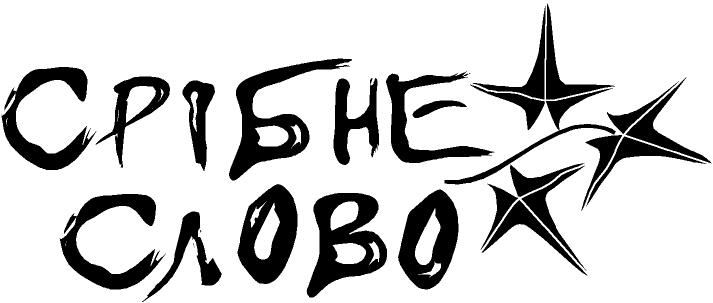- Рубрики
- Філософія, психологія, педагогіка
- Історія
- Політика, право
- Економіка
- Математика
- Фізика
- Хімія, хімічна технологія
- Біологія, валеологія
- Геодезія, картографія
- Загальнотехнічні науки
- ІТ, комп'ютери
- Автоматика, радіоелектроніка, телекомунікації
- Електроенергетика, електромеханіка
- Приладо-, машинобудування, транспорт
- Будівництво
- Архітектура, містобудування
- Мовознавство
- Художня література
- Мистецтвознавство
- Словники, енциклопедії, довідники
- Журнал "Львівська політехніка"
- Збірники тестових завдань
- Книжкові видання
- Наукова періодика
- Фірмова продукція
Марія Мазурик Аналіз ідей добра і зла Августина Блаженного російськими релігійними мислителями наприкінці ХІХ – на початку ХХ ст.
УДК: 111.84/276
АНАЛІЗ ІДЕЙ ДОБРА І ЗЛА АВГУСТИНА БЛАЖЕННОГО РОСІЙСЬКИМИ РЕЛІГІЙНИМИ МИСЛИТЕЛЯМИ
НАПРИКІНЦІ ХІХ – НА ПОЧАТКУ ХХ ст.
Мазурик Марія
Національний університет “Львівська політехніка”
(стаття надійшла до редколегії – 2.11.2016 р., прийнята до друку – 20.12.2016 р.)
© Мазурик М., 2016
Досліджено онтологічний підхід до проблеми добра і зла, її формулювання та специфіки вирішення в російській релігійній філософії наприкінці ХІХ – на початку ХХ ст. на основі зіставлення східної (більш близької за “духом” російським мислителям) і західної (блаженний Августин) гілки патристики. Стаття ґрунтується на використанні методу єдності логічного та історичного, категоріального аналізу та компаративістики, аналогії та наукової об’єктивності.
Ключові слова: російська релігійна філософія, східна патристика, західна патристика, добро, зло, А. Августин.
ANALYSIS OF IDEAS OF THE GOOD AND THE EVIL BY AUGUSTINE
THE BLESSED BY RUSSIAN RELIGIOUS PHILOSOPHER OF THE END
OF THE 19th – BEGINNING OF THE 20th CENTURY
Mariyа Mazuryk
Seeking to study in detail the problem of the good and the evil in the Russian religious philosophy, one can not avoid considering of patristic philosophy. Although the majority of Russian religious philosophy of the end of the 19th – beginning of the 20th century have “affection” attitude to Eastern Christianity, Western patristic attitude to Russian thinkers was not unambiguous. Speaking about the Russian heredity of the Eastern traditions of Christianity, it is worth noting that it takes from the latter commitment to integrity as a proper state of the world and the man. In such combination of being, restoring its integrity, there is a fundamental task of human being, its purpose and meaning. The “borrowings” of Russian religious philosophy of the end of the 19th – beginning of the 20th century include paradigms and theories of the Eastern Christian patristics. The West here (in the guise of Aurelius Augustine), however, should not be forgotten since from it the Russian philosophy of the end of the 19th – beginning of the 20th century has adopted the language and culture of theoretical thinking, its conceptual apparatus.
Western European philosophy, which grows on the soil of Western patristics, hardly uses Eastern patristic heritage. This gives reasons to assert that patristic ground in the Russian religious philosophy was much wider than in Western European philosophy. Thus, analysing the position of typically Russian ontologism and its difference with the philosophy of the West, it has been found that if in the Western thought gives indisputable authority to knowledge and consciousness, reason and rationality, in the Russian philosophy, the main role is given to being. However, ontologism of the Russian religious philosophy was not the center of the being itself, and existential dimension of a man who does not oppose it. On contrary, it expresses all relevant parameters of the being. The ontological perspective of human problems of the good and the evil is connected with absence of rootedness in being which constantly encourages a personality to choose a right or wrong way. This imposes an imprint on ontological categories of the good and the evil which represent one of ways of expressing the human being.
Key words: Russian religious philosophy, Eastern patristics, Western patristics, good, evil, ethics, ontology, Aurelius Augustine.
Кількість посилань 10



















